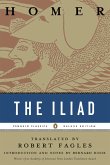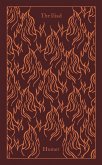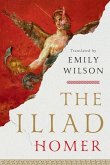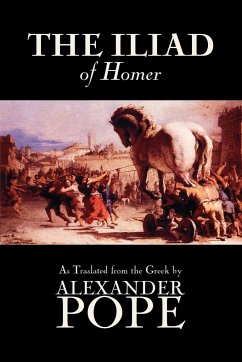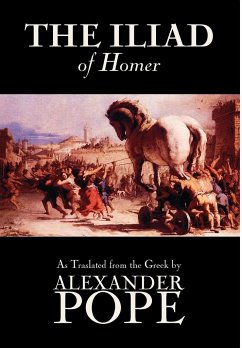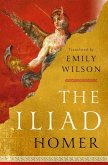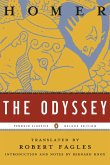An accessible Iliad for twenty-first-century readers A classic of Western literature for three millennia, Homer's Iliad captivates modern readers-as it did ancient listeners-with its tale of gods and warriors at the siege of Troy. Now Herbert Jordan's line-for-line translation brilliantly renders the original Greek into English blank verse-the poetic form most closely resembling our spoken language. Raising the bar set by Richmond Lattimore in 1951, Jordan employs a pleasing five-beat meter and avoids unnecessary filler. Whereas other verse renditions are longer than the original, owing to the translators' indulgence in personal poetics, Jordan avoids "line inflation." The result, an economical translation, captures the force and vigor of the original poem. E. Christian Kopff's introduction to this volume sets the stage and credits Jordan with conveying the action and movement of the Iliad in "contemporary language and a supple verse." This new Iliad offers twenty-first-century readers the thrill of a timeless epic and affords instructors a much-needed alternative for literature surveys.
Hinweis: Dieser Artikel kann nur an eine deutsche Lieferadresse ausgeliefert werden.
Hinweis: Dieser Artikel kann nur an eine deutsche Lieferadresse ausgeliefert werden.


